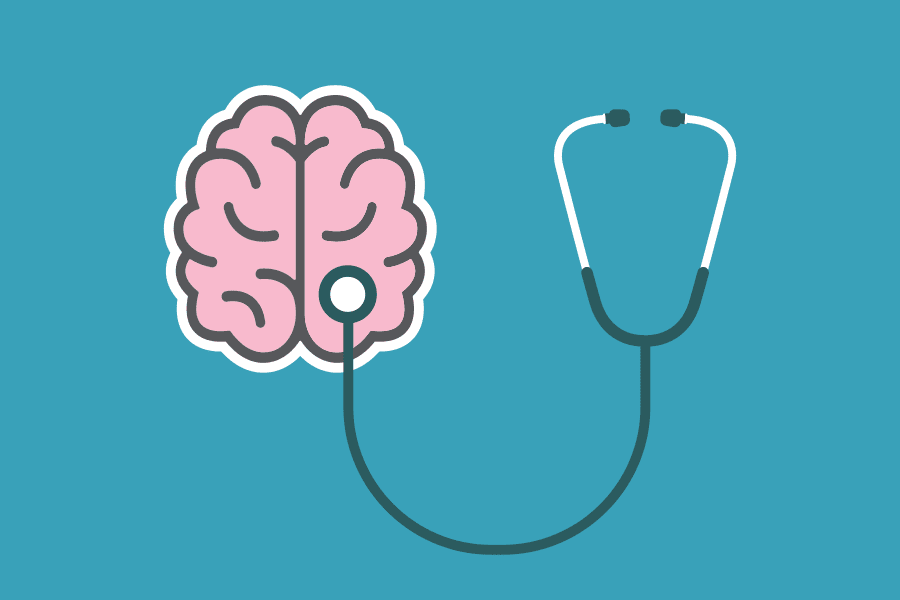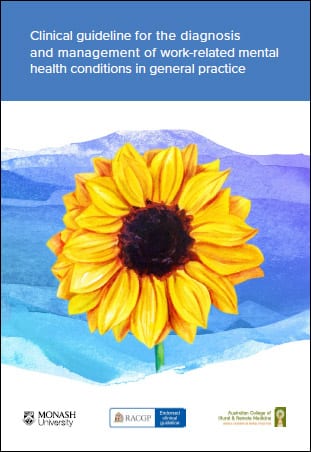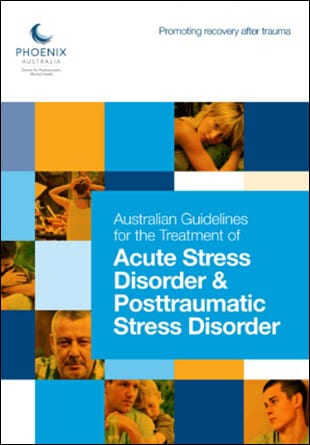Work-related mental health conditions are the second-most common cause of workers’ compensation, however, these conditions are typically challenging to diagnose and treat. 5 to 10 per cent of people will suffer from post-traumatic stress disorder (PTSD) at some point in their lives. In Australia, most injured workers seek care from their general practitioner.
Did you know there are two resources that can help you diagnose, manage and treat a patient who is suffering from a work-related mental health condition?
Clinical guideline for the diagnosis and management of work-related mental health conditions in general practice
This clinical guideline provides GPs with the best available evidence to guide their diagnosis and management of patients with work-related mental health conditions.
The guideline was approved by the National Health and Medical Research Council (NHMRC) in late 2018. It is endorsed by the Royal Australian College of General Practitioners (RACGP) and the Australian College of Rural and Remote Medicine (ACRRM).
Australian Guidelines for the Treatment of Acute Stress Disorder, Posttraumatic Stress Disorder and Complex PTSD
The guidelines aim to support high-quality treatment of people with PTSD by providing a framework of best practice around which to structure treatment.
Specific populations and trauma types in the guidelines include:
- Aboriginal and Torres Strait Islander peoples and PTSD
- Emergency services personnel and PTSD
- Military and ex-military personnel and PTSD
- Motor vehicle accident and other traumatic injury survivors
- Natural disasters and trauma reactions
- PTSD in older people
- Refugees, asylum seekers and PTSD
- Sexual assault and PTSD
- Terrorism and trauma reactions
- Victims of crime and PTSD
Approved by the National Health and Medical Research Council (NHMRC), the Guidelines were developed by Phoenix Australia (formerly Australian Centre for Posttraumatic Mental Health) and a team of Australia’s leading trauma experts, in collaboration with psychiatrists, psychologists, general practitioners and other health professionals.
Please contact Angie Deegan, Assistant Director, Comcare on 03 9914 6358 for further information.





